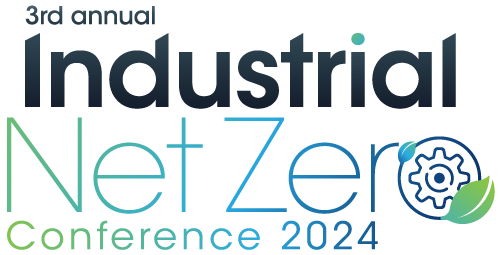1. What keeps you up at night when you think about high emissions/ energy intensive industries getting to net zero?
There is a big opportunity to help energy intensive industries to get to net zero by focusing on three areas; reducing their energy consumption, matching their residual energy usage with onsite or grid renewables, and leveraging flexible demand to support grid stability and further growth in renewables.
Reducing energy consumption is the place to start because lowering consumption will reduce costs and carbon emissions.
Climatech Zero have found that many energy intensive businesses have opportunities to enhance their operational efficiency through monitoring their energy use and using new technologies to reduce demand.
We can also support energy intensive businesses to leverage flexible demand by helping them shift their energy use to times of day when there is ample solar supply, or temporarily reduce their energy use through FCAS or Demand response programs.
Demand response supports grid stability and growth in renewables and can generate revenue for the business from otherwise legacy assets.
2. What exciting developments in emissions reduction are inspiring you at the moment?
I’m excited by our recent 20% investment in Climatech Zero, who have found a way to help energy intensive businesses decarbonise by providing guaranteed project savings.
Energy intensive businesses often don’t have the in-house expertise or bandwidth to address their energy consumption. Climatech Zero use their engineering expertise and technology to either electrify gas assets and/or reduce overall energy consumption by improving the way existing assets are used or implementing new technology. They then take responsibility for implementing those upgrades and achieving targets.
This means the business can have certainty about the energy reduction outcomes they’ll achieve and the cost savings they can expect, making it an easier investment decision.
3. How is Origin’s approach to net zero different to other organisations?
Our Origin Zero team works directly with businesses to understand their energy needs, and create a tailored approach for each business to help them achieve a cost-effective decarbonisation strategy that works for them.
We have the in-house expertise to provide insights to support executive decision making, as well as the ability to innovate with customers and create tailored solutions if one doesn’t already exist.
4. There is concern that net zero isn’t happening fast enough. What do you think could speed up emissions reduction?
Access to secure, reliable and affordable energy will continue to be a key decision driver for most businesses.
Helping organisations understand the commercial impact and the benefits of decarbonising their energy supply is critical, including providing transparency around value creation opportunities like cost reduction and new revenue streams.
We can support businesses in identifying opportunities to reshape their energy demand profile so they can use more energy when there are more renewables in the grid, and outside of peak periods of demand in the evening.
The technology and cost improvements in short and long storage (batteries) will speed up emissions reduction, as it will enable businesses store excess solar for use during peak periods in the evening.
5. Are there any ‘hidden’ or less discussed issues that high emissions/energy intensive industries need to be more aware of?
There is of course no silver bullet, and many businesses are already addressing this challenge. I think an obsessive approach to continuous improvement and relentless focus on energy efficiency is key for energy intensive industries.
Electrification of industrial processes (where possible) will unlock further potential to reduce emissions through growth in on site and grid renewables to meet this demand.
Developments in behind the meter short and long duration storage is another area that could unlock the potential for renewables to meet a great proportion of overall demand.
Liam Barry (Origin Zero) will join industrial heavyweights including WesCEF, ExxonMobil, Tomago Aluminium, Holcim and Cement Australia at the Industrial Net Zero Conference, sharing insights about their decarbonisation journeys and how they are managing the cost of transition.
To access the detailed conference program, download the brochure here.
For more exclusive content written for energy industry professionals sign up to the Energy Insights blog.

